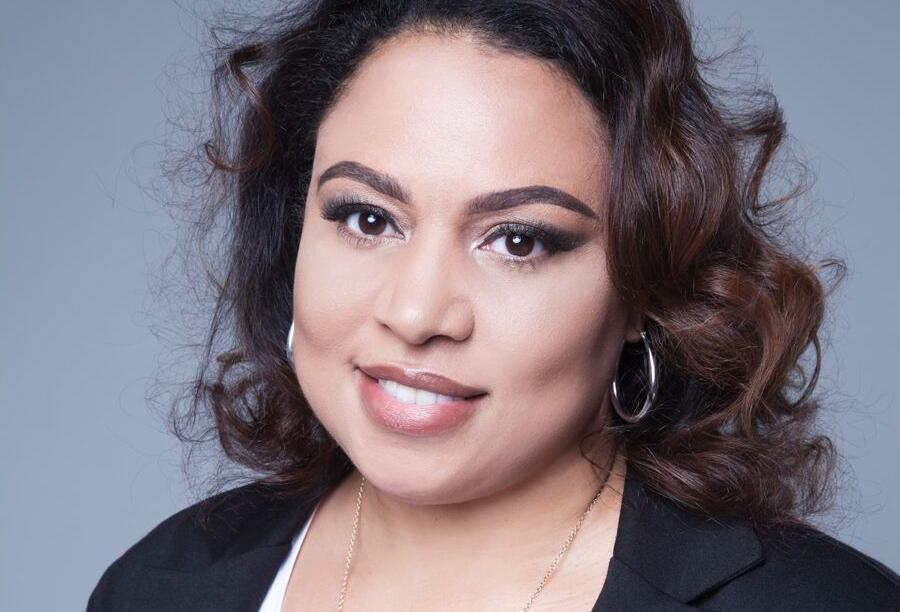
Ayanna Cooper, Ed.D., is an educator, bestselling author, and advocate whose work has centered around combating issues related to multilingual students’ civil rights, racism, and anti-Blackness in K-12 English language teaching and learning. She is a U.S. Department of State English Language Specialist alumna, having served on projects in Kuwait and Brazil, and served a term on the Board of Directors for TESOL International Association (2020-2023). At Howard University’s College of Education, she is a part-time faculty member in the Department of Curriculum and Instruction.
Dr. Cooper engages in “real talk” storytelling to bring linguistically diverse student populations to the center. She is the author of several publications that include And Justice for ELs: A Leader’s Guide to Creating and Sustaining Equitable Schools, Black Immigrants in the United States (co-edited), multiple chapters including one in Teacher’s College Press Justice for All: Realities and Possibilities of Black English Learners in K–12 Schools and as the founder of Language Magazine’s Pass the Mic Series editor.
Young, Bilingual, and Black
| 1. Why This Topic? (2m 38s) “We can't champion for one piece of legislation [Lau v. Nichols] when years before, there were other parts to make this possible [Brown v. Board of Education]... we serve the students but we don't have as much information as perhaps we need to.” |
|
2. Setting The Stage: What Does the Data Tell Us About ELs? (6m 51s) "When we talk about certain racial groups of multilingual learners/English learners, it’s not the same. We in the field have created this inequity even with our best efforts to be inclusive." |
|
3. The Data and Narratives Around Black ELs (4m 58s) “... what are their stories like and why are we assuming that there is just one narrative of immigration or migrant or DACA recipient... a woman shared her story and she was a DACA recipient [... and] people would ask her, “What border did you cross?” [She responded] “I didn’t cross a border, I walked off an airplane.” |
|
4. What Is at Stake? The Necessity for Action (6m 54s) “We are looking at an unintentional erasure of a whole student group.” [...] “Who owns the narrative? How are we helping students to own their own story?” |
|
5. Peeling Back Layers: Questions From A Critical Justice Lens (1m 55s) “I have found in some of those schools on the turnaround list that ...they didn’t have the same funding, there was no research grant, they had a number of vacancies. So although the research says, “here’s what we should be doing” I was working alongside and supporting school leaders who had very few of those same resources.” |
|
6. Becoming Black: Who Is Doing This Research? (3m 54s) “[I write] to upset the status quo. If I am going to write something, is going to be something that is going to push the field forward.” |
|
7. Windows, Mirrors and Sliding Glass Doors: Real Stories; Where Is The Research? (6m 10s) “I know that I have an obligation to continue on this path to elevate stories of students because they’re out there. It is overdue that we are listening. [...] The realness is there, and the cultural pride is there, the translanguaging is there. Where is more research?” |
|
8. What Is Our Level of Commitment? Recommendations (3m 47s) “We gotta make sure that students are at the center and that they’re part of this process. Not just as someone who is researching them but them doing their own research around their own lived experiences.” |
Presentation Citation
Cooper, A. (2024, March 13). Young, Bilingual and Black [Featured Speaker Presentation] CEEL Featured Speaker Series, Los Angeles, CA, United States.